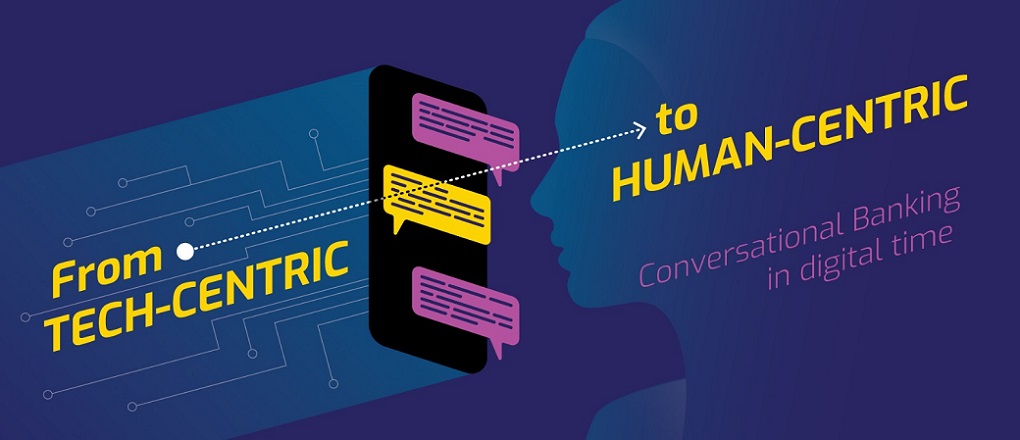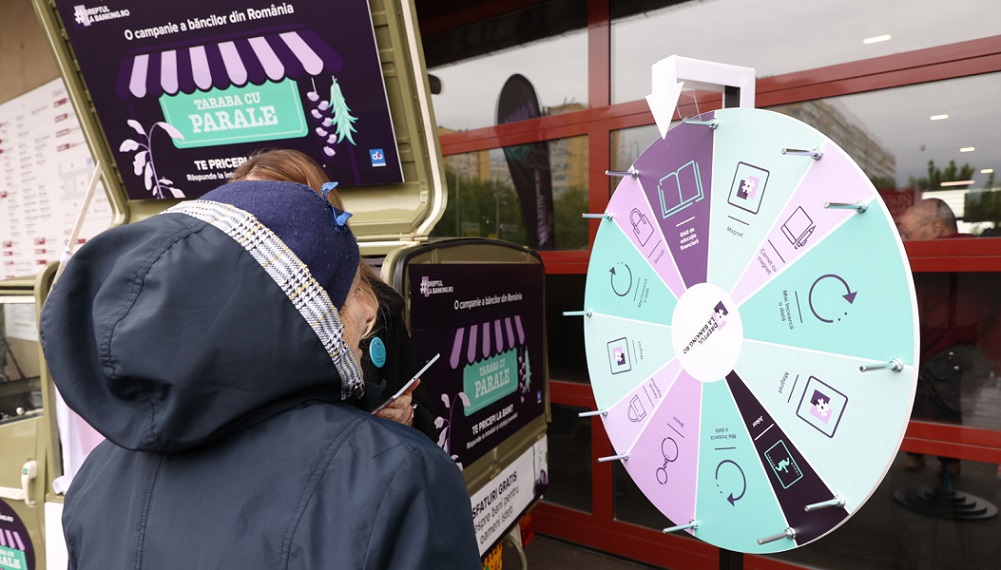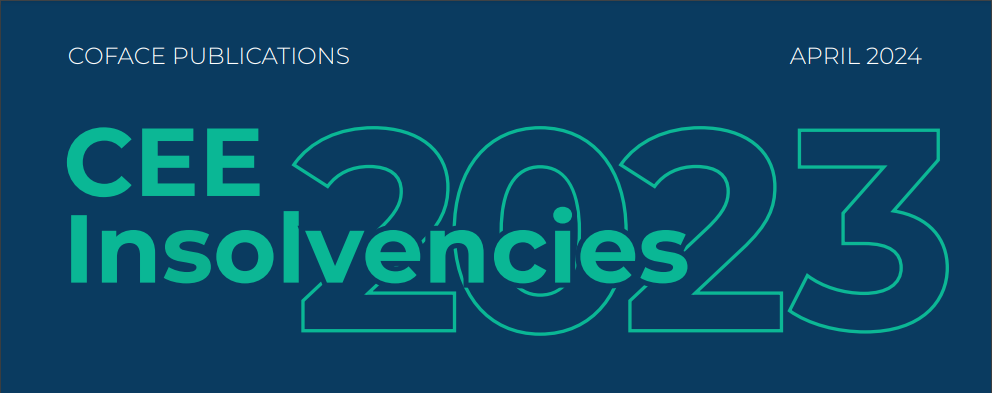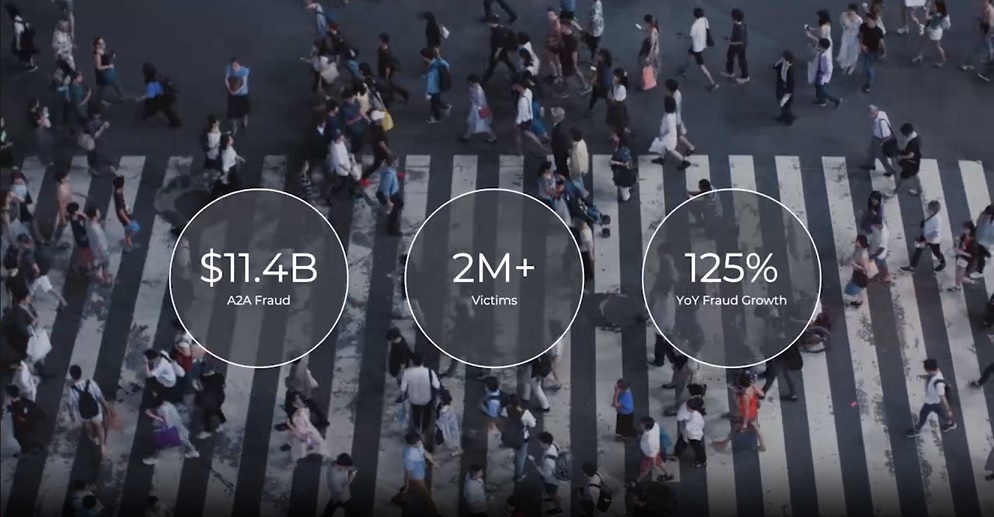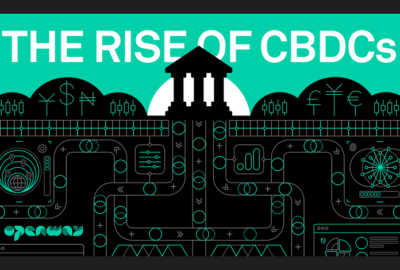Credit scores are broken. Fixing them is an alluring but elusive opportunity.
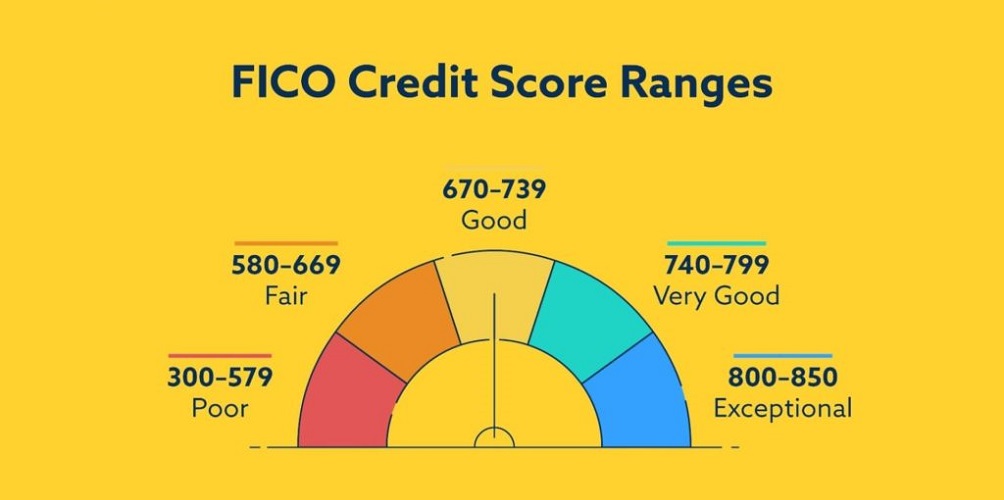
Some fintechs think including more data and analyzing it with more advanced algorithms could solve the problem. Others say it’s time to build whole new systems.
Credit scoring doesn’t work well for a lot of people. Those with low incomes, people of color and immigrants have been historically sidelined by the current system. Some of the nation’s most successful struggle with low credit scores despite their wealth. And if your fortune comes from crypto, you might as well be invisible to the current system.
Many startups see a business opportunity here. Finding a way to accurately underwrite those excluded from the existing system could mean unlocking a whole new customer base for lending and investment products. It also entails a lot of risk, as inaccurately assessing borrowers’ ability to repay can result in costly defaults.
Credit scoring is broken, but fixing it isn’t easy. FICO “is the dumbest system except for all the other ones,” Bullpen Capital general partner Eric Wiesen told Protocol. “Someone should clearly do this, but I am yet to find anyone successful at it.”
More data might be the answer. Rent or utility payments are not typically integrated into credit scores, for example. Some fintechs argue that doing so could improve many consumers’ scores.
Advocate Rachel Gittleman, financial services outreach manager at the Consumer Federation of America, thinks that credit scoring is broken not because it doesn’t factor in enough information, but rather because it factors in too much. Much of the information that is already tracked in a credit report is not predictive, she argues, like medical debt, which is a poor predictor of a consumer’s ability to repay because people do not choose to get sick and take on that debt in the first place. Adding more data doesn’t solve the problem of poor data that is already being considered, and it’s crucial that consumers are the ones to decide whether these additional data points are considered in their credit scores.
That’s why some fintechs are instead attempting to rewrite the whole system.
The full article here
Anders Olofsson – former Head of Payments Finastra
Banking 4.0 – „how was the experience for you”
„So many people are coming here to Bucharest, people that I see and interact on linkedin and now I get the change to meet them in person. It was like being to the Football World Cup but this was the World Cup on linkedin in payments and open banking.”
Many more interesting quotes in the video below:
